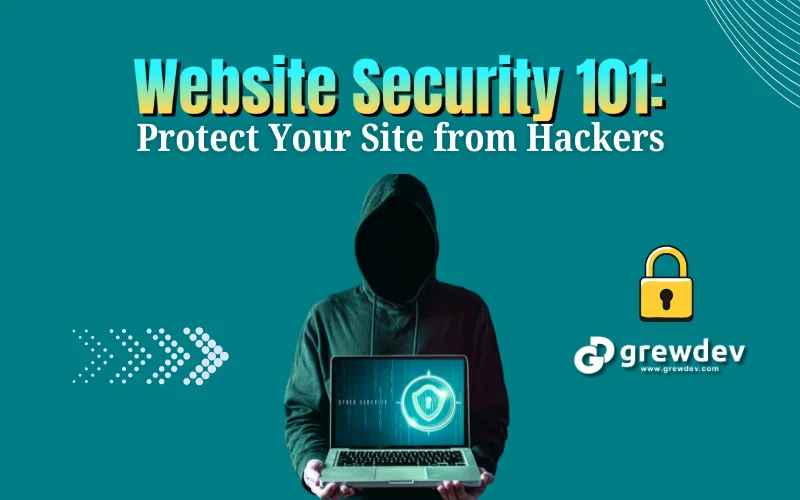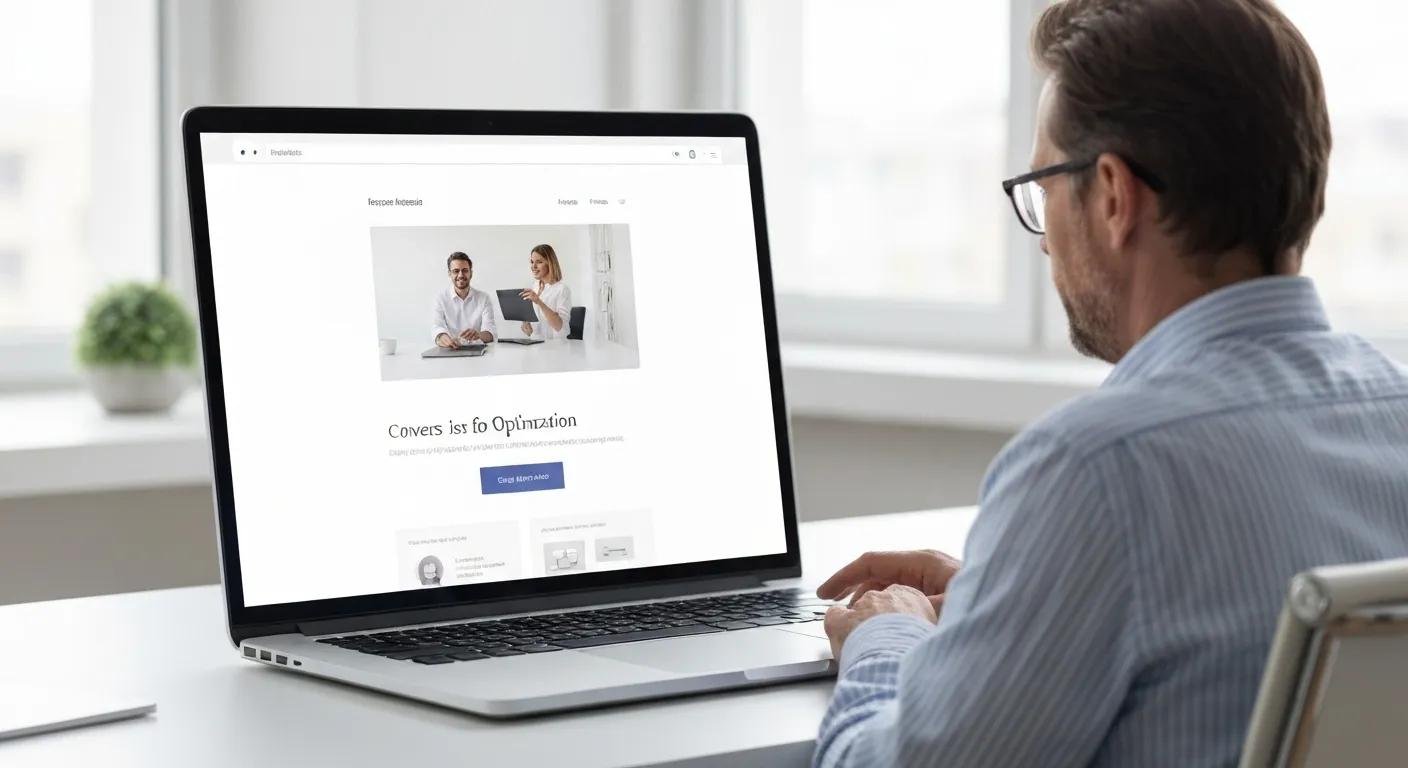Nowadays your website is like your online storefront. Just like you wouldn’t leave your shop doors open overnight, you shouldn’t leave your website vulnerable to hackers. Website security is no longer optional—it’s essential. Whether you run a small business, an e-commerce store, or a personal blog, protecting your site is key to keeping your data, customers, and reputation safe.
Here’s a beginner-friendly guide to understanding website security and how to defend your site from unwanted attacks.
🛡️ Why Website Security Matters
Many small business owners think hackers only target big websites. That’s a big myth! In reality, small and medium-sized websites are often easy targets because they’re less likely to have strong security in place.
Here’s why website security matters:
- Protect customer data (like emails, phone numbers, and payment details)
- Prevent downtime that can cost you sales and visitors
- Protect your SEO ranking (Google penalizes hacked sites)
- Save money on costly cleanup or reputation repair
Think of website security like locking your house before you leave—it’s basic but crucial!
🔐 Common Website Threats You Should Know
To protect your site, you first need to understand the common threats out there. Hackers use many tactics, including:
- Brute Force Attacks: Automated bots try thousands of username-password combinations until they break in.
- Malware Infections: Malicious software that can steal data, send spam, or redirect your traffic to shady websites.
- SQL Injection: Hackers exploit weaknesses in your site’s database to gain control.
- Cross-Site Scripting (XSS): They insert malicious code that runs on your visitors’ browsers.
- Phishing Pages: Hackers use your site to trick users into sharing sensitive information.
Understanding these threats is the first step to stopping them.
🏰 Essential Steps to Protect Your Website
Now let’s talk about how you can protect your site. You don’t need to be a tech expert to take these steps.
✅ Use Strong Passwords & Two-Factor Authentication (2FA)
Always use strong, unique passwords for your website admin panel, hosting account, and email. Enable 2FA wherever possible. This adds an extra layer of protection even if your password is compromised.
✅ Keep Software, Themes & Plugins Updated
Outdated software is one of the easiest ways for hackers to break in. Make sure your CMS (like WordPress), themes, and plugins are always updated to the latest version.
✅ Install an SSL Certificate
SSL encrypts the data between your website and your visitors. Not only does it make your site more secure, but Google also prefers HTTPS websites in search rankings.
✅ Use Security Plugins or Tools
For WordPress users, plugins like Wordfence, Sucuri, or iThemes Security can help block malicious traffic, scan for malware, and monitor suspicious activity.
✅ Regular Backups
No matter how many precautions you take, things can still go wrong. Regularly back up your site so you can quickly restore it if needed.
🚫 Signs Your Website Might Be Hacked
Sometimes, site owners don’t even realize they’ve been hacked until it’s too late. Watch for these warning signs:
- Your site suddenly becomes slow or unresponsive
- Strange pop-ups or ads appear that you didn’t add
- Google shows a “This site may be hacked” warning
- Unexpected drop in traffic
- Files or content appear that you didn’t upload
If you notice any of these, act fast. Contact your hosting provider or a website security expert immediately.
🧰 Additional Tips for Ongoing Website Security
Security is not a one-time job. Here are more ongoing tips to stay protected:
- Schedule Monthly Security Scans: Use free or paid tools to check for malware and vulnerabilities regularly.
- Limit User Access: Only give admin access to people who really need it.
- Disable Unused Plugins and Themes: Old plugins you don’t use anymore can become security risks.
- Monitor Login Attempts: Track and limit failed login attempts to block brute force bots.
- Stay Informed: Follow blogs or newsletters about website security to stay updated on new threats.
Also, if your website handles sensitive customer information or e-commerce payments, consider investing in professional website security services for peace of mind.
🔍 Monitor and Limit User Access
If multiple people manage your website, it’s essential to control who has access.
- 👥 Assign roles carefully — not everyone needs admin-level access.
- 👥 Remove inactive users promptly.
- 👥 Monitor login attempts and suspicious activities.
Some attacks happen internally due to poor access management, so be cautious about who you trust with backend permissions.
✅ Final Thoughts: Don’t Wait Until It’s Too Late!
Website security may sound technical, but taking action now can save you a lot of stress, time, and money later. Think of your website as your digital property—keep it locked, monitored, and maintained. Whether it’s setting strong passwords, installing security plugins, or running regular backups, every step counts. A secure website not only protects you but also builds trust with your customers.
👉 Want help making your website safer? Contact Us.











